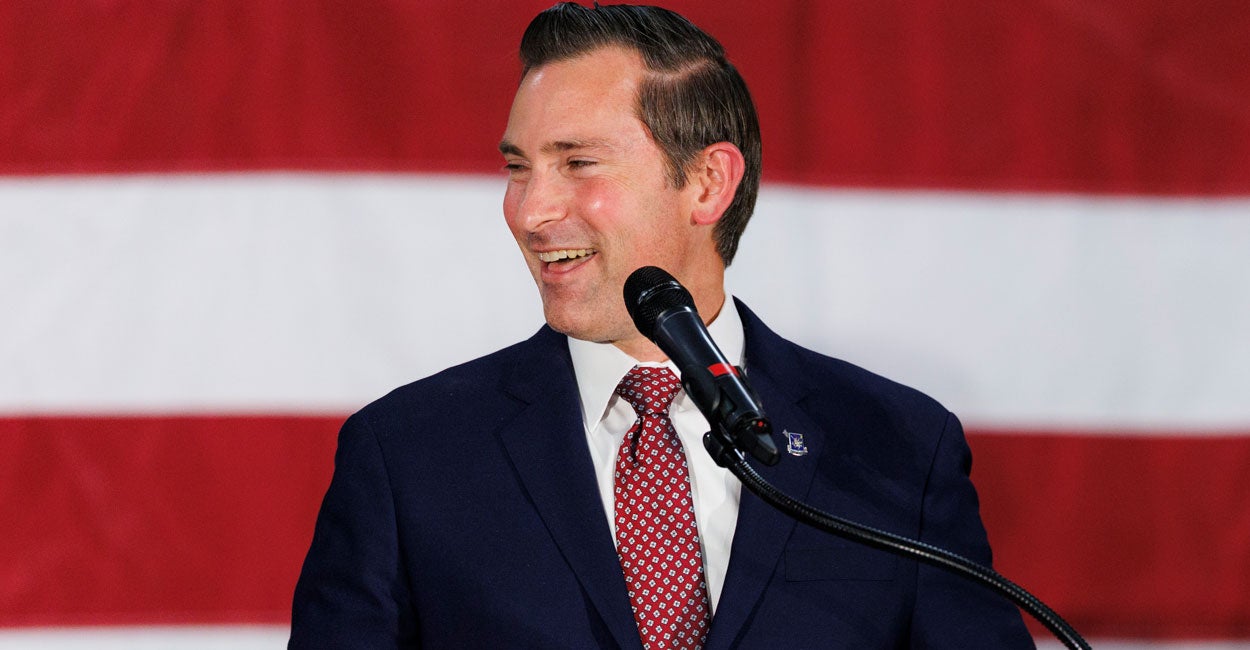The Results of Christian Mutual Proxy Voting Analysis Leave Significant Room for Improvement

Proxy voting is a key responsibility of all fiduciaries. Why in particular should conservatives, and especially traditional worshippers, take care with that responsibility? Because in an era of plentiful and typically controversial “shareholder resolutions,” the invested financial assets of individuals and institutions—including religious organizations (dioceses, temples, hospital chains, orders, colleges, etc.)—are quite powerful things. They are tools able to prove consequential to public policy.
That consequence is not always a good thing: Proxy advisers—empowered to vote the value of stock shares for or against shareholder resolutions, can have, and often do have, their own ideological agendas, schemes, and stratagems. And this proxy voting all too often is misaligned with the stated beliefs and missions of the distracted shareholders.
Keeping track of these shareholder resolutions may prove taxing for bandwidth-stretched institutions, which can delegate this voting function—despite its importance and opportunity for mischief. Most organizations’ investment committees do.
The delegating works this way: The committee either entrusts its organization votes to a proxy adviser—with the expectation that they vote in the organization’s best interest——or the proxy voting is assigned to the asset manager, who in turn also delegates to a proxy adviser.
Blind trust should not be part of this delegation. Each organization must clearly ensure that its values are reflected in its proxy voting approach. For Christian organizations, this typically means ensuring alignment between the proxy voting strategy and any values-based investment screening already in place.
For example, if an organization screens out companies involved in pornography or abortion, its proxy voting should reflect those same values.
Should—in principle. Often not—in practice. More on that shortly.
Trust but Verify
When using separately managed accounts, it is important for organizations—especially those which are religious or particularly mission-driven—to evaluate the proxy voting practices of the asset managers they engage. À la Ronald Reagan: Trust but verify. If a manager’s approach does not align with the organization’s values, the organization can opt to install a third-party proxy adviser to ensure votes follow custom guidelines, (This option comes typically at no additional cost to the institution).
Many organizations use a combination of separately managed accounts, mutual funds, other pooled products, and partnerships on other vehicles common in the alternative asset space. Overall objectives, asset allocation, portfolio size, and other factors drive these decisions.
For investors with mutual funds, the proxy voting responsibility lies with that mutual fund. Especially with Christian products, the expectation is that each mutual fund’s proxy voting and screening process is outlined in the prospectus and should align with Christian values.
Expectations and reality can often be quite different.
Christian Proxy Votes Are Not Lining Up With Christian Values, Analysis Shows
A third-party analysis conducted in 2023 by Bowyer Research reviewed the proxy voting records of several Christian and Catholic mutual fund families. The study established a baseline expectation for how a values-aligned fund might vote on various shareholder resolutions. While there is some minor latitude on how these fund families would vote, it became apparent that some either had surprising biases or were asleep at the wheel, unaware as to how their proxy votes were terribly misaligned with their institution’s stated beliefs.
Here are some examples:
- A Christian/Catholic fund voted in favor of Diversity, Equity, and Inclusion resolutions in 38 out of 40 instances.
- Another voted to allow companies to conceal abortion data 14 of 19 times.
- Another voted 52 of 56 times to limit political speech.
- Another voted to defund pro-life states 10 of 19 times.
- Another agreed with the Bowyer Research Christian overall proxy voting baseline only 48 of 367 times.
This is disappointing. Some funds were better than others, but all have room for improvement, some significantly. When the results of the analysis were shared with each fund, many were surprised by the results, and are now using the analysis to make changes. No more wheel-sleeping.
Some have already made solid improvements by creating better guidelines that align more with the Christian faith. Still others have either taken back proxy voting from a proxy adviser or have hired a firm more aligned with Christian values. Unfortunately, others stated that their voting reflected their beliefs and aligned with their values.
Of interest: The best Christian proxy voter of the whole group against the Bowyer baseline was a “secular” family with a “social” fund.
What Can Christian Organizations and Conservative Nonprofits Do?
What is a Christian organization, or a conservative nonprofit—strapped for in-house financial expertise, lacking bandwidth, but holding valuable assets that are annually confronted by a spate of shareholder resolutions and other actions that force voting—to do?
Ignoring such decision-making should not be an option. Instead, organizations are encouraged to regularly review the proxy voting behavior of the investment products they use and ensure that this voting behavior reflects their core mission and values.
Conducting annual proxy voting analyses and engaging with asset managers about misalignment can be an effective way to promote long-term change and improve fidelity between investment strategies and organizational principles. This would also avoid an organization being party to bringing about consequential public-policy changes—the things usually sought by controversial shareholder resolutions—that are at odds with their doctrines of faith, mission statements, and raison d’etres.
We publish a variety of perspectives. Nothing written here is to be construed as representing the views of The Daily Signal.
The post The Results of Christian Mutual Proxy Voting Analysis Leave Significant Room for Improvement appeared first on The Daily Signal.
Originally Published at Daily Wire, Daily Signal, or The Blaze
What's Your Reaction?
 Like
0
Like
0
 Dislike
0
Dislike
0
 Love
0
Love
0
 Funny
0
Funny
0
 Angry
0
Angry
0
 Sad
0
Sad
0
 Wow
0
Wow
0













































































